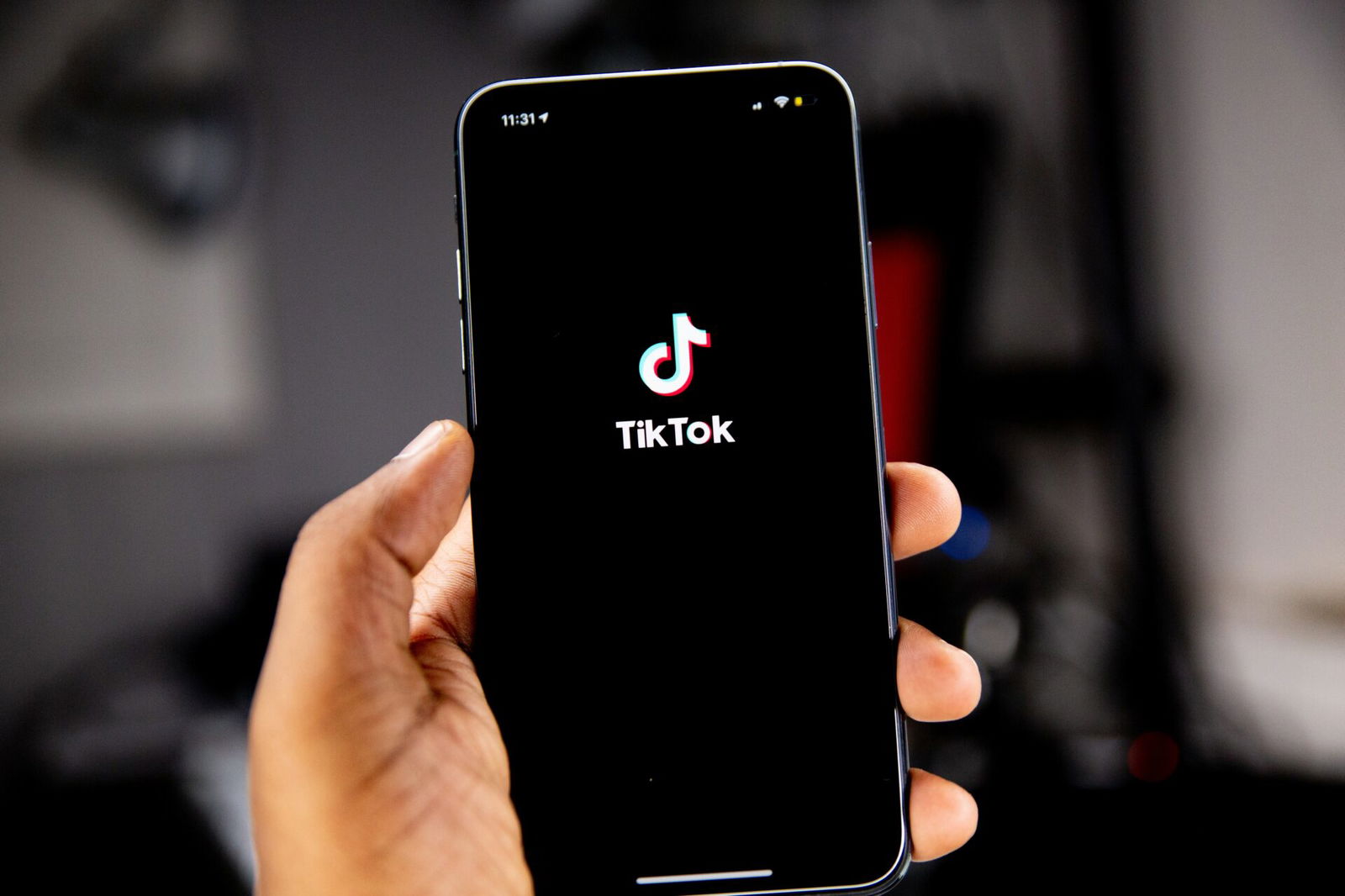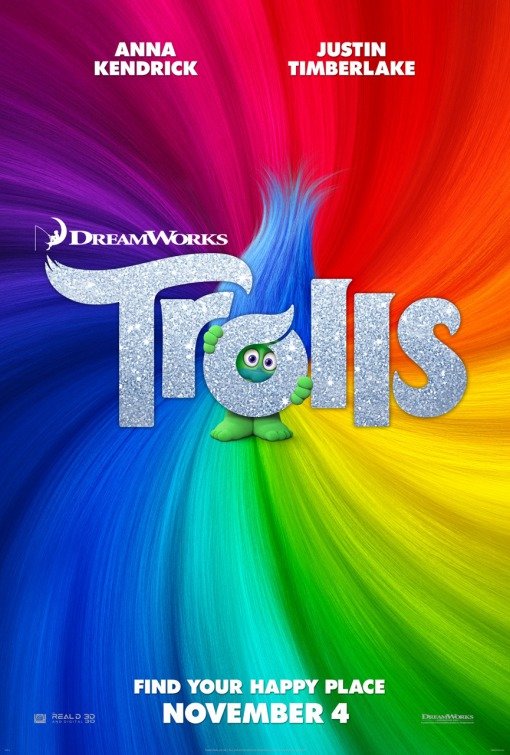
New Study Explores Pros and Cons of Young Americans’ Social Media Use
By Movieguide® Contributor
A new study compiled over ten years of research about the impact of social media to provide a nuanced look at the technology’s impact on the health of young Americans.
The report, conducted by the National Academies of Sciences, Engineering and Medicine, found that social media has the potential to cause harm to young users. However, it is not entirely to blame for the epidemic of poor mental health plaguing the country.
“There is much we still don’t know, but our report lays out a clear path forward for both pursuing the biggest unanswered questions about youth health and social media, and taking steps that can minimize the risk of young people using social media now,” said Sandro Galea, chair of the committee behind the report.
“Our recommendations call on social media companies, Congress, federal agencies, and others to make changes that will protect and benefit young people who use social media,” he added.
While the report did not name social media as the sole cause of any population-level shift, it did find that the technology is culpable for certain trends.
It’s no secret that mental health – particularly among the youth – has reached a crisis as more and more people struggle with issues such as anxiety and depression. The study found that there is not enough evidence to directly link this change to social media, but the technology has been shown to make pre-existing mental health problems among adolescents worse.
A primary example of this comes from comparison, as children and teens already struggling with comparison find the problem worsened by scrolling on social media. This is directly linked to lower self-esteem as they begin to view everyone else as better than them.
Another issue currently plaguing younger generations is incredibly short attention spans. The study found that social media use is directly linked to problems with focus for numerous reasons.
Social media content is quick to consume, teaching children and teens how to take in an idea and move on to the next one quickly, reducing their ability to focus on a topic for longer. Social media also harms their focus as the constant barrage of notifications draws their attention away from their current task.
Reduced attention span was also caused by a reduction in sleep, another issue that the study explored. Social media has the potential to disrupt sleep in three ways: displacing time meant for rest, disrupting circadian rhythms and psychological stimulation, which can make falling asleep more difficult.
The inhibition of sleep that social media carries is perhaps one of its most overlooked negative side effects, as sleep deprivation reduces, among other things, a person’s mental health, leading to higher rates of suicidal thoughts, anxiety and depression.
The study, however, found positives about social media use as well. The technology can connect people and keep them afloat in difficult situations.
This healthy use of social media was found more commonly in older users, suggesting that the technology does more harm than good under a certain age. However, this depends on various factors, meaning no specific guidance can be given on when social media should be introduced.
The researchers also commented on the difficulties of performing research on social media, calling for platforms and companies to “create a more transparent industry” for the sake of the consumer’s good.
Furthermore, the study recommended that the International Organization for Standardization, which sets international guidelines for consumer goods, create a new system of guidelines for social media to protect users worldwide.
This study comes as major government action has been taken against social media platforms for their role in the declining health of the American youth. Earlier this year, 41 states sued Meta for making its platform too addictive.
Movieguide® previously reported:
A recent court document revealed that Meta, Facebook and Instagram’s parent company, intentionally designed its platforms to hook kids and teens.
“Company documents cited in the complaint described several Meta officials acknowledging the company designed its products to exploit shortcomings in youthful psychology such as impulsive behavior, susceptibility to peer pressure and the underestimation of risks,” the Associated Press reported.
According to The Wall Street Journal and The New York Times, Meta received millions of warnings and complaints about minors on Instagram. Even though the amount of underage users was an “open secret,” Meta only disabled some of those accounts.
Meta added that people under the age of 13 cannot create an account on Instagram.
“However, verifying the age of people online is a complex industry challenge,” the company stated. “Many people — particularly those under the age of 13 — don’t have an ID, for example.”
Questions or comments? Please write to us here.


 - Content:
- Content: 

